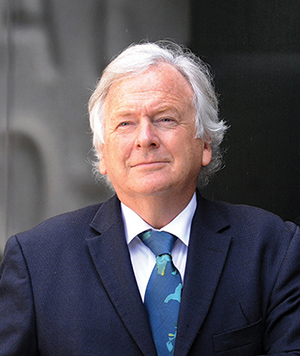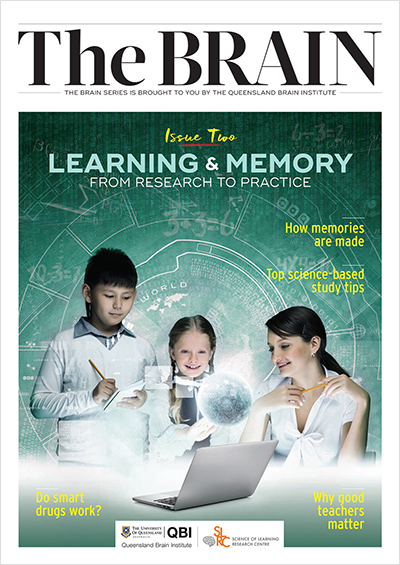Learning profile: Prof Perry Bartlett

It used to be thought that the adult brain was hardwired: what we had by a certain age was as good as it got. But QBI’s Professor Perry Bartlett turned that thinking on its head.
“When I started researching the brain in the late 1970s, the general dogma was that the adult brain was fixed and unable to change,” Professor Perry Bartlett explains. “It was very exciting when I was able to prove that there were actually stem cells in the adult brain, which means that the adult brain has the capacity to repair itself.” The discovery clearly has significant implications for treating people with brain injuries and diseases.
In 1982, Prof Bartlett first predicted the presence of stem cells in the brain. A decade later, he proved the theory when he found them first in the brains of mouse embryos and then adult mice. In 2001 he became the first person to isolate these cells in adult mice.
His research progressed to focus on stem cells in the hippocampus. “We know the hippocampus is vital for the formation of spatial navigation and remembering when and where activities occur,” Prof Bartlett says. “Our latest work suggests that many different groups of stem cells are at work in the hippocampus, regenerating new neural connections. We now understand that the brain is very plastic, changing all the time.”
Recently, Prof Bartlett successfully used exercise to improve cognition in older mice. He is now leading a human clinical trial to determine the amount, intensity, and type of exercise that leads to cognitive improvement in the brains of elderly people. “The effect of dementia on hundreds of thousands of Australians is debilitating and devastating,” he says. “If we can show that exercise can actually slow down or reverse the onset of dementia, then we can potentially make a positive difference to a lot of people’s lives.
“Our first thought back at the beginning was, ‘Wow, now we will be able to repair the brain’, and, while it’s still a long road, researchers are now well on the way to doing that. What excites me is that our initial discoveries nearly 25 years ago are now leading to potential treatments for dementia, and maybe for depression too.”


